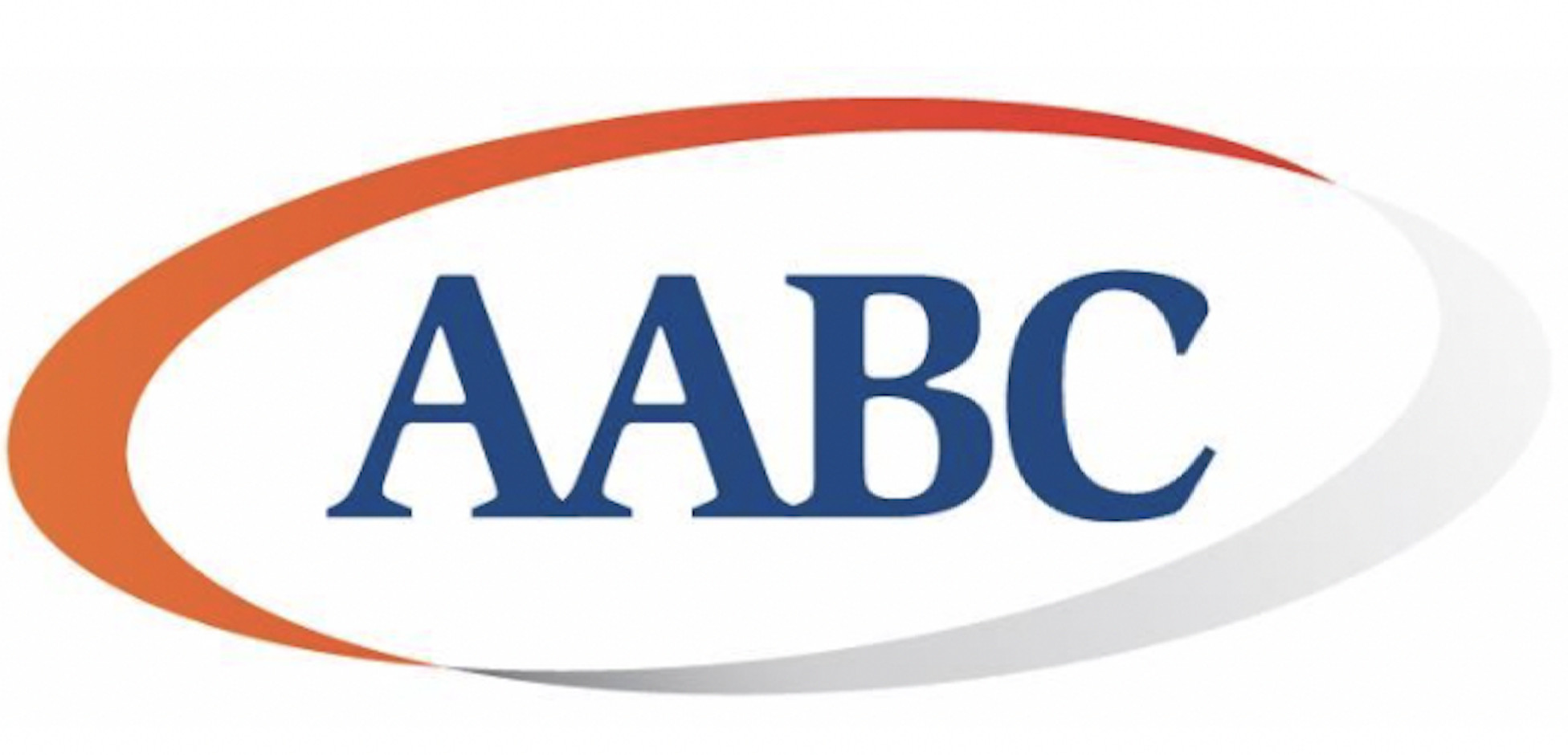Preservation and Emergency Planning
General Resources
- For a list of Conservators in British Columbia, please contact the EAS Coordinator.
CCI Notes Canadian Conservation Institute
NEDCC Preservation Leaflets Northeast Document Conservation Center
Conserv O Grams US National Parks
CoOl -- Conservation Online Foundation of the American Institute for Conservation
Sustainable Preservation Strategies Image Permanence Institute - video
Resources for Professionals U.S. National Archives and Records Administration
Library of Congress Preservation Library of Congress
CLIR Publications Council on Library and Information Resources
The Safeguarding of Audiovisual Heritage: Ethics, Principles, Preservation Strategy International Association of Sound and Audiovisual Archives (IASA)
Needs Assessments and PoliciesAssessing Preservation Needs: a Self-Survey Guide Northeast Document Conservation Center Building Blocks for a Preservation Policy National Preservation Office, UK | Archival SuppliesCanadaUnited States |
Condition Assessment ToolsPreservation Self-Assessment Program University of Illinois Audiovisual Self-Assessment Program AvSAP - University of Illinois Sound Directions Field Audio Collection Evaluation Tool FACET - Indiana University Canadian Conservation Institute (CCI): Framework for Preserving Heritage Collections: Strategies for Avoiding or Reducing Damage | Preservation of PaperPaper and Books CCI Notes, Canadian Conservation Institute IPH: welcome to fibre space International Association of Paper Historians |
Preservation of PhotographsCold Storage of Photographs at the City of Vancouver Archives Cold Storage (US National Park Service) The Storage Guide for Color Photographic Materials Image Permanence Institute A Guide to the Preventive Conservation of Photograph Collections by Bertrand Lavédrine (Getty Conservation Institute, 2003) | Preservation of Sound and FilmVideotape Identification and Assessment Guide Texas Commission on the Arts Guidelines on the Production and Preservation of Digital Audio Objects International Association of Sound and Audiovisual Archives Film Preservation Guide: The Basics for Archives, Libraries and Museums National Film Preservation Foundation (pdf download) Care for AudioVisual Materials National Film and Sound Archive, Australia - see also the Technical Guide for Film Preservation British Film Institute – Open reel to open source: digital preservation of the UK’s videotape heritage |
Preservation of Digital & Electronic RecordsLibrary of Congress National Digital Newspaper Program Technical Guidelines Library of Congress PADI gateway to international digital preservation resources National Library of Australia CLIR Reports Council on Library and Information Resources:
Electronic Storage Media CoOl - Conservation Online Sustainability of Digital Formats Library of Congress Handbook for Digital Projects: A Management Tool for Preservation & Access Northeast Document Conservation Center | Preservation of Oral HistoryPrinciples and Best Practices Oral History Association Oral History in the Digital Age Institute of Museum and Library How to do Oral History Smithsonian Institution Archives Library of Congress - Care, Handling, and Storage of Audio Visual Materials CLIR Reports - Magnetic Tape Storage and Handling: A Guide for Libraries and Archives by John Van Bogart Canadian Conservation Institute - Caring for audio, video and data recording media - Preventive conservation guidelines for collections |
Disaster Preparedness PlanningBuilding an Emergency Plan: A Guide for Museums and Other Cultural Institutions. The Getty Conservation Institute Emergency Preparedness: Introduction Library of Congress Preservation First Aid for Fire Damaged Audio Visual Material National Film and Sound Archive - Australia Preventive Conservation CCI Notes, Canadian Conservation Institute Emergency Management BC Provincial Emergency Program |
Publications
|

.jpg)